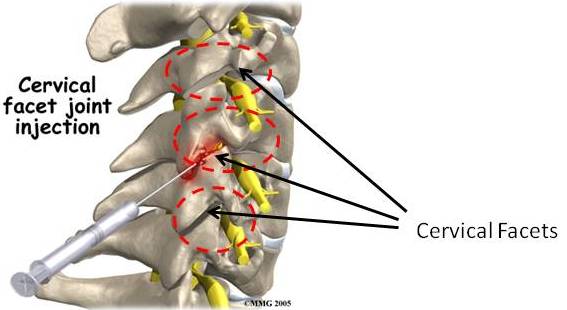
I grew up next door to my grandmother and for hours, she would keep my sisters and I hostage to talk to us about recipes. I’d watch her do all of the preparations for major dishes, like tamales or menudo and she always scolded us for not getting the right ingredients or measurements. oh abuelita! The desire to keep her memory alive made me think about those sweet adolescent years. Suddenly, I remembered the recipes, taquitos, arroz, chile reyenos, were all about consumption and not a single one on PREVENTION. Of all the things my grandma talked to us about, there was never one conversation on things like sex or cervical cancer.
January was cervical cancer awareness month, but it shouldn’t be the only time we talk about it. The fact that any woman who has ever had sex can get HPV (human papillomavirus) is a reason to talk about cervical cancer with your amigas, comadres, moms, sisters, and abuelitas. It is important to note that while not all HPV infections lead to cervical cancer (in fact, most don’t!), the possibility is there and we must discuss these links. so pongansen las pilas, prevention needs to be part of the conversation about cervical cancer.
Did your mom or abuelita ever throw a dicho at you growing up? – mas sabe el diablo por viejo que por diablo (the devil knows more for being old than for being devil), meaning that experience means more than just a position. we know through other women’s experiences that cervical cancer can be detrimental to one’s life. Por ejemplo, approximately 4,000 women die of cervical cancer annually with Latina deaths at a proportion nearly 40% higher than that of non-Hispanic White women. What’s more striking, 80-85% of cervical cancer deaths could have been prevented. But when we talk about health, often, we don’t talk about cervical cancer, and when we do, it’s too late and the cancer has spread to lower portions of the vagina or other parts of the body. That’s why we need to talk about prevention.
To start the screening guidelines say Pap smears should start when a woman turns age 21 or after first sexual intercourse. But what is it about Latinas that make us more susceptible to cervical cancer than women of other racial/ethnic groups? Cervical cancer prevention has traditionally relied on pap smears and HPV tests for early detection and treatment.
A pap smear does not identify HPV directly, but rather can look for symptoms of HPV. Once symptoms are discovered, an HPV test will determine exactly which type of HPV is present. Therefore, women must have regular pap tests to look for symptoms of HPV and, once symptoms are found an HPV test can be performed to find out if she has a high-risk strain, which can lead to cervical cancer.
What’s striking about Latinas, is that often we forgo these exams due to limited access to adequate healthcare and barriers associated with cost, health insurance, embarrassment, and lack of knowledge about cervical cancer. this is why prevention and conversation on this issue can make a world of difference for Latinas. NPR recently ran this story about this challenge in the Latina community.
That’s why the National Latina Institute for Reproductive Health (NLIRH) kicked off a series of events in January to spread the message that through education and appropriate care, cervical cancer can be entirely prevented.
On January 6th we partnered with Tamika and Friends, a national organization dedicated to raising awareness of cervical cancer and its link to HPV, to host a House Party of FiVe (HPV). The purpose of the HPV Party was to raise awareness of cervical cancer among Latinas and African American women. Similar to having a cafecito with your girlfriends or comadres, women gathered at the NLIRH office in DC to chat about cervical cancer. while we know that it’s never ideal to talk about cervical cancer, the HPV Party provided a safe environment to learn from and share stories about cervical cancer and experiences about what women did when they got the news that their pap-test result was abnormal. Learn more about the parties in this news story.
We also joined efforts with Coalition of Labor Union Women (CLUW) and Tamika and Friends on January 26th to talk about cervical cancer with a group of union workers, advocates and students. this time, the discussion was more on understanding the HPV vaccine, which is a series of three shots to protect against the types of HPV (strains 16 and 18) that is responsible for 70% of cervical cancer cases. The event took place at American Federation of Teachers and women played games on sexual behaviors to define high risk and low risk attitudes and behaviors of HPV.
Remember that it’s important to put your health first, arm yourself with a good support system, and educate yourself about the things that impact your body! Cuidate. Armate. Educate. It’s never too late to get the word out to the women in your life – girlfriends, hay que cuidarnos, lo merecemos!
By Rebecca Medina, Policy Analyst